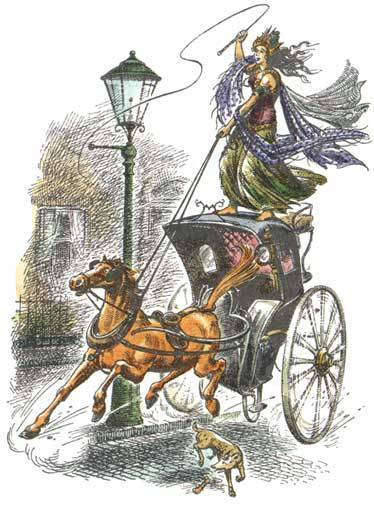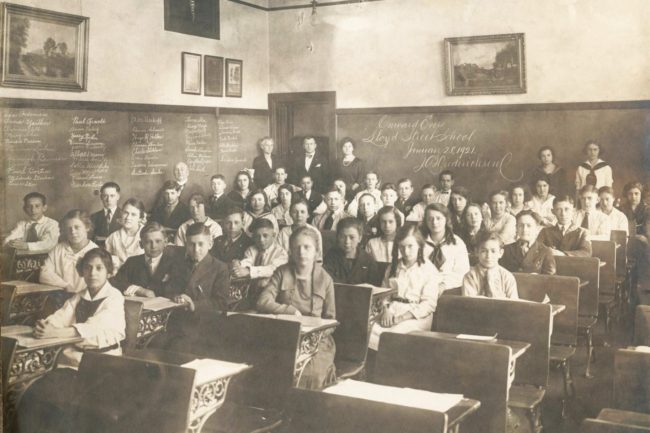08.10.19Knowledge Only Adds to Reading; I Don’t See How It Subtracts

My team and I have spent the last year developing a knowledge-driven English curriculum and watching teachers pilot the lessons with their classes.
One of the biggest takeaways is how much the students enjoy it. The lessons are unusually joyful. In fact one of our favorite clips on joy–I blogged about it here–was of Sarah Wright using an early version of our curriculum.
At first this was surprising (and relieving, frankly). We felt in our hearts that students set up to understand more would enjoy books more, that experiencing books as vehicles for Main Idea Questions (and following 11 steps to find the Main Idea) disconnected kids from the reasons why reading was valuable. But in the back of our heads was that counter-narrative that pervades our culture:
Knowledge is dry and dusty. The reason you don’t teach in a knowledge rich way is that for students it is a stultifying march through boring facts.
Such arguments are often capped with a quotation from Mr. Gradgrind, a link to one of Sir Ken’s insufferably pompous Ted Talks (is there any other kind?) or an image of students from the 1920s, sitting in very orderly rows.

But what we found was the opposite. Background knowledge wasn’t boring to students. It helped make stories accessible and bring them to life.
Last night I realized why. I was re-reading Steven Johnson’s How We Got To Now and came across this quotation from the physicist Richard Feynman about a friend of his who is an artist:
He’ll hold up a flower and say, ‘Look how beautiful it is.’ Then he’ll say, “I, as an artist, can see how beautiful this is but you as a scientist take all this apart and it becomes dull…’
Although I may not be quite as refined aesthetically as he is … I can appreciate the beauty of the flower. At the same time, I can see much more about the flower. . . the cells in there, the complicated actions inside, . . . the fact that the colors evolved in order to attract insects to pollinate it [which] means that insects can see color. It adds a question: Does this aesthetic sense exist in the lower forms? All kinds of interesting questions. . .
Knowledge only adds to the excitement, the mystery and the awe of the flower. It only adds. I don’t understand how it subtracts.
Anyway, that quote explained to me why a knowledge-rich reading of a book brings it to life. It’s not boring, as you read the Magician’s Nephew, to read about C.S. Lewis’ childhood or English accents and how the cabbie’s establishes his social class, what that means, and how Lewis uses it for humor. It’s not boring to read Genesis side by side with the creation of Narnia or to know the term “instrusive narrator,” so you can reflect on all the times the narrator speaks to the reader and why.
That knowledge, too, only adds to the experience. I don’t understand how it subtracts.